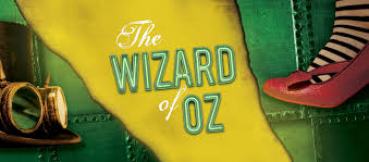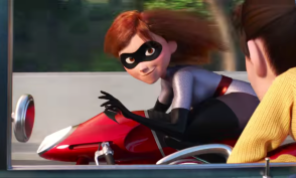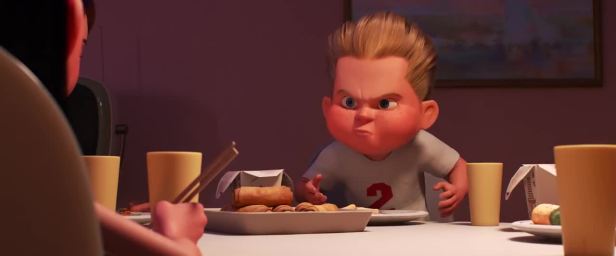27/07/18
Most film franchises follow a familiar trajectory. They start well and, through the rules of diminishing returns, steadily become ever more feeble until somebody finally has the good grace to pull the plug on them. The Mission Impossible series, however, seems to have gone in the opposite direction. After a couple of so-so efforts, episodes three, four and five really managed to cut some mustard – and this sixth instalment of the TV-inspired show is surely its strongest manifestation yet. Indeed, this audacious thrill-ride, courtesy of returning writer/director Christopher McQuarrie is so enthralling I occasionally find myself holding my breath as Ethan Hunt (Tom Cruise) jumps off buildings, races on motorbikes, dangles from helicopters and runs for miles, all in the name of truth and justice. Yes, it’s complete tosh, but when it’s done this well, who cares?
When we first meet up with Hunt, he’s worrying about Julia (Michelle Monaghan), the wife he’s been forced to live apart from in order to keep her out of danger. But of course, for an IMF operative, danger is never very far away. Old adversary Solomon Lane (Sean Harris) is being used as a pawn by various secret powers, who aim to utilise his special skills to convert some stolen weapons grade plutonium into deadly nuclear devices. Hunt and his sidekicks, Benji (Simon Pegg) and Luther (Ving Rhames), are assigned to take care of securing Lane and the plutonium and, for this mission, they are assigned an extra player – August Walker (Henry Cavill), a hard man with a high opinion of himself. But, when things go awry, the team are faced with a even trickier challenge. They must track down two nuclear weapons before they are detonated – an occurrence which will destroy huge areas of the planet. (So no pressure there.) Luckily, Hunt’s old flame Ilsa Faust (Rebecca Ferguson) is on hand to lend her own special talents…
There’s quite a tricky story line here, with plenty of unexpected twists and reveals – and naturally, some of those hi tech masks that the makers are so fond of, but really, it’s all just a linking device for a whole string of spectacular set pieces, which are so triumphantly realised, you’ll barely have time to stop and speculate how far-fetched they are. Cruise, looking far better than anyone his age has any right to be, revels in some of the most hair-raising stunts this side of a Jackie Chan movie – indeed, the scene where he actually breaks his leg is included in all its wince-inducing glory. Cavill, who I’ve never really rated as Superman, is a lot more interesting when given a bit more character to play with and there’s excellent support from the rest of the cast.
Okay, you can argue that this film isn’t really about very much, but you’d be missing the point. It’s all about action and only a very few movies have managed to do it as effortlessly as its done here. My advice? Strap yourself in and enjoy the ride. And Mission Impossible Seven? Well, I certainly wouldn’t rule it out.
5 stars
Philip Caveney





























